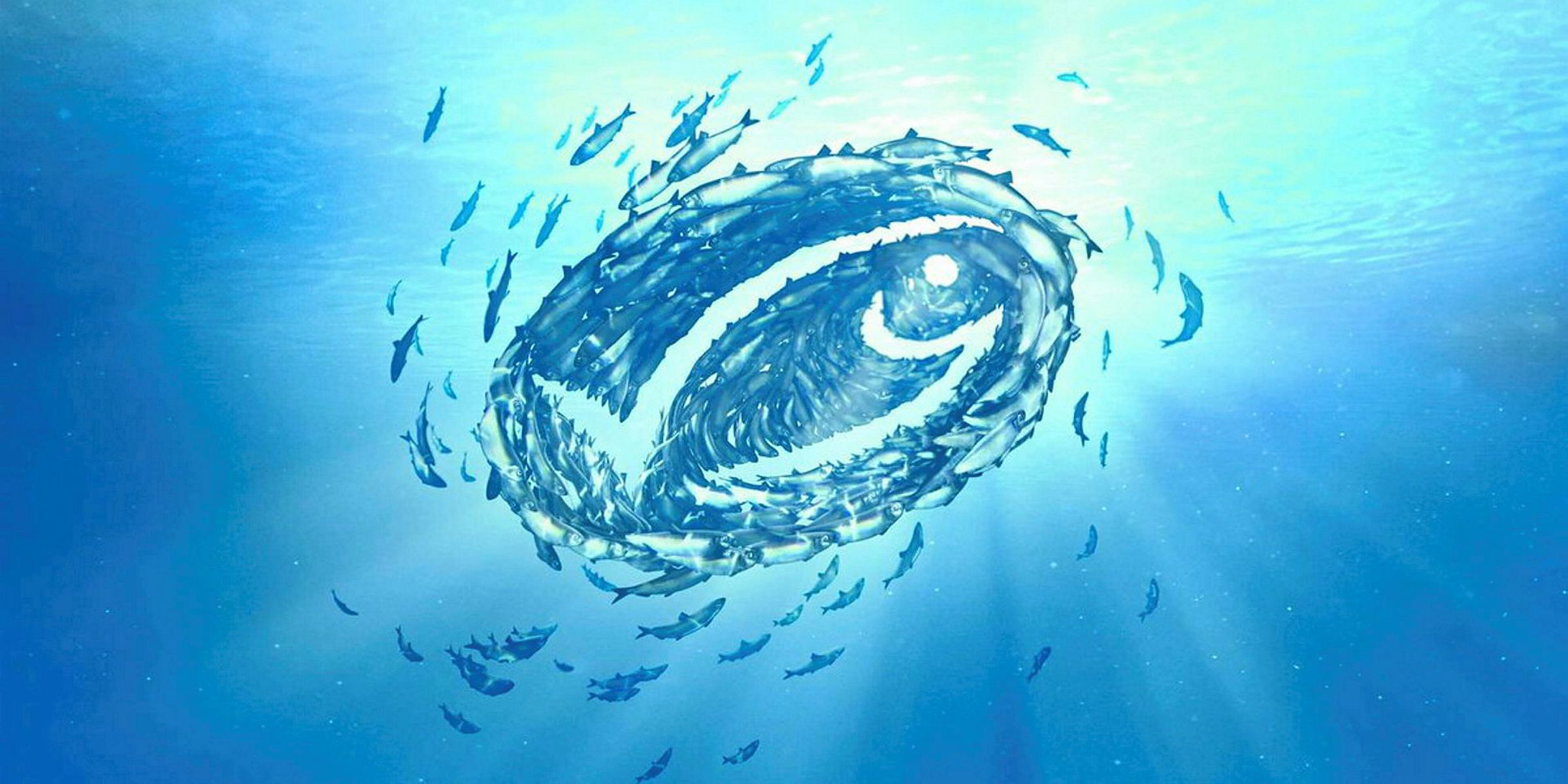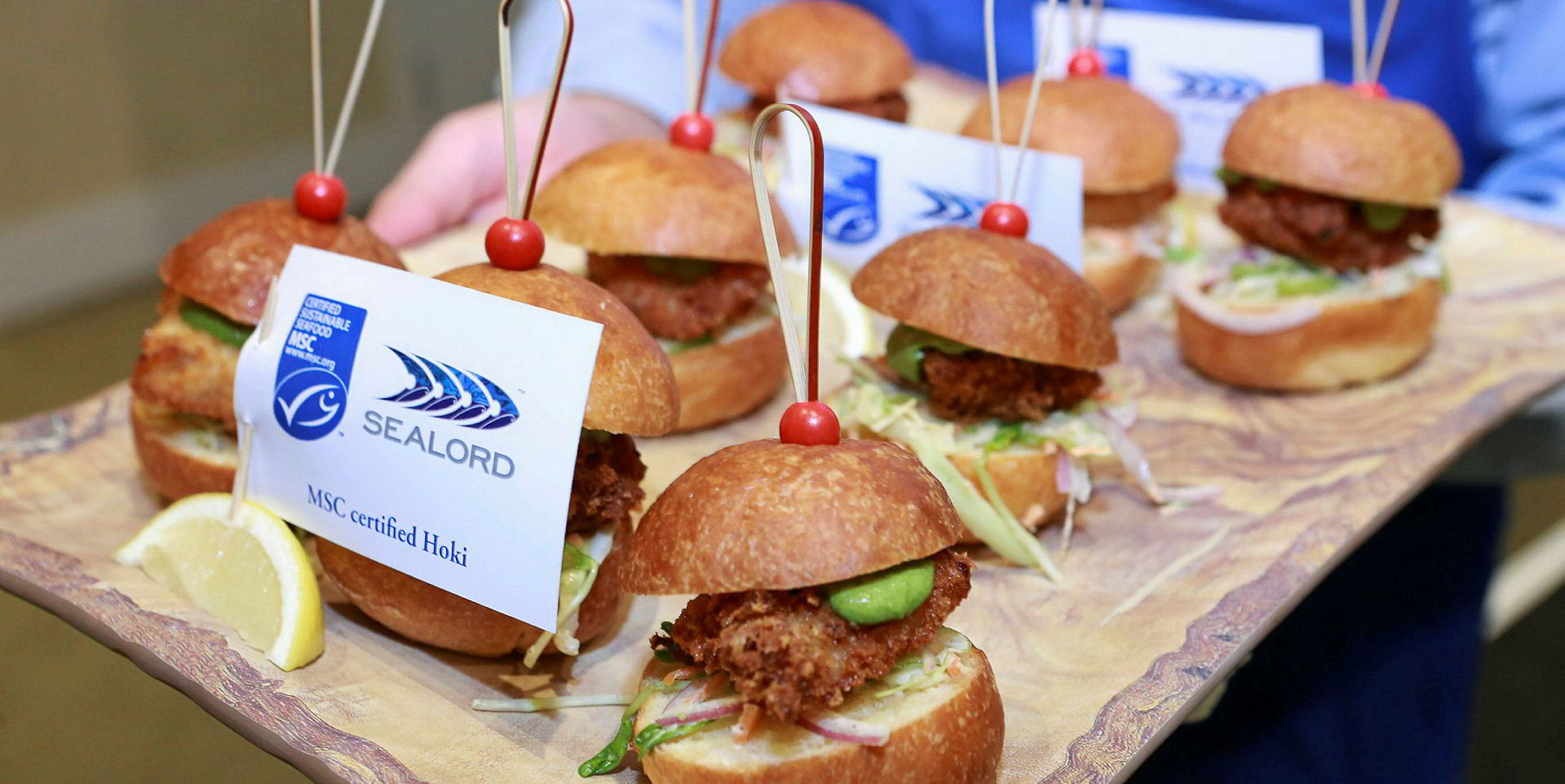Back in the earliest days of the Marine Stewardship Council's (MSC) existence there was plenty of doubt the fledgling sustainable seafood certification group would ever be able to financially survive on its own, without the generous support and deep pockets of some of the world's largest philanthropic foundations.
Read the Brief History of the Sustainable Seafood Movement
The plan had always called for the MSC to transition from a NGO-supported organization to one that derived its income from the licensing of its eco-label to companies wishing to add it to their packages.
Fast forward to today, and those early doubters have been proven wrong. In its 2017/2018 annual report released last week, the MSC reported a total income of £24.8 million ($32.4 million/€28.6 million).
The bulk of the group's funding these days -- 73 percent -- comes from logo licensing fees paid by companies using the MSC eco-label. Another 24 percent of the MSC's income is derived from donations from charitable organizations, such as the David and Lucile Packard Foundation, the Walton Family Foundation, WWF and others.
The MSC's 2010/2011 annual report demonstrates the first time in the group's history that more of its annual income originated from logo licensing fees rather than from charitable grants. It took nearly a decade for the group to get to that point, but since then it has steadily built its revenue off its licensing fees.
No easy path
It was no easy path for the MSC to get to where it is today as far as its funding sources are concerned.
"At a time when the MSC's profile is increasing so dramatically, particularly in the US market, there are a large number of donors, not already affiliated with the MSC, who we believe will buy into green-business partnership models like the MSC," Brendan May, the MSC's executive director at the time, said.
In 2004, some of the group's major funders sounded an alarm bell about the group and its progress to develop into a legitimate certification program, suggesting a crisis of credibility surrounding the group.
Shortly after the reports, there were layoffs at the group and a real sense that major restructuring was needed. There was a major change at the top. The MSC named Rupert Howes as its new chief executive. He succeeded May, who stepped down after five years in the role. Howes continues to lead the organization today, and while he can be a divisive figure in some quarters, there is no arguing that he's been transformative not just for the MSC but for seafood eco-labeling in general.
In his first official act at the NGO, Howes immediately set out to diversify the group's funding base.
By 2006, Greenpeace was in gear with its very public -- hanging banners from buildings, etc. -- campaign to shame global supermarket chains for their seafood purchasing programs. Much of this unwanted publicity had the effect of driving retailers toward the MSC as insurance against further Greenpeace campaigning.
That was also the year Walmart, the world’s largest retailer, announced it would modify its procurement policy and only buy MSC-certified seafood, giving the eco-label the gravitas it needed to take off.
The years between the MSC restructuring in 2004 and the point in its 2010/2011 annual report when more of its annual income originated from logo licensing fees rather than from charitable grants the group built up substantially both in the number of certified fisheries and the volume of certified seafood and the number of retailers and suppliers who signed onto the program.
The MSC had by 2011 crossed the proverbial "tipping point," and had largely done what it set out to do in its earliest days: it had woven itself into the fabric of the global seafood industry as the leading wild-fish sustainability scheme.
Certainly its growth has been less than smooth and even today the MSC faces challenges from friends and foe alike. But the latest numbers should make one thing clear: the group isn't going away.


